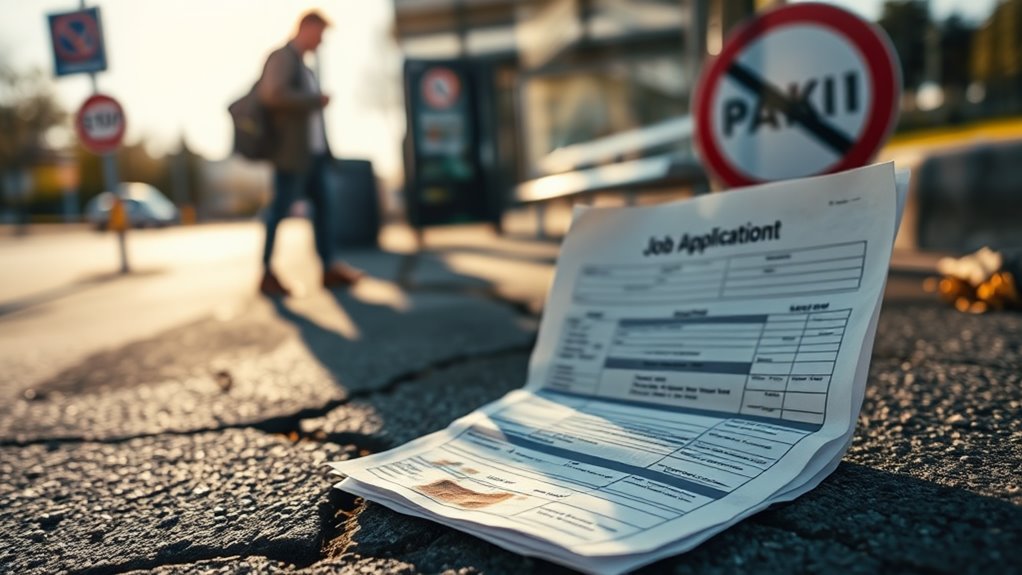Why Know Your Rights in License Suspension Hearings?
Did you know that nearly 50% of license suspension cases result in unfavorable outcomes for those who don't understand their rights? Knowing your rights in license suspension hearings can be a game-changer. It empowers you to challenge decisions, present essential evidence, and secure legal representation. Understanding these aspects can greatly affect the outcome, but many overlook this important information. What could this knowledge mean for your specific situation?
When facing a license suspension hearing, it's vital to understand your rights and the process involved, especially since these proceedings are often administrative rather than criminal. This distinction impacts how the hearing is conducted and the standards of evidence you'll encounter. Being aware of your rights can greatly influence the outcome of your case and help you navigate this challenging experience with greater confidence. A traffic lawyer can provide crucial guidance during this process, helping you understand the nuances of your case.
Your primary goal during the hearing is to determine whether your driving privileges should be suspended. The hearing is presided over by a hearing officer, not a judge, which means the formality and structure differ from criminal court proceedings. The evidentiary standards in these hearings are typically less stringent, allowing for a broader range of evidence to be considered. This means you should be prepared to present your case effectively, as the burden of proof may not rest solely with the DMV.
Understanding the reasons for your potential license suspension is important. Common triggers include DUI arrests, where an immediate suspension often follows if your blood alcohol concentration exceeds .08%. Similarly, serious traffic violations or refusal to take a sobriety test may also lead to suspension. Some jurisdictions even impose suspensions for non-driving offenses, highlighting the importance of knowing the specific laws in your state. In Colorado, DMV automatically suspends your driver's license upon a DUI arrest, emphasizing the urgency of taking action. Knowing these traffic laws can help you better prepare your defense.
You'll need to act quickly if you wish to contest your suspension. Most jurisdictions require you to request a hearing within a short timeframe, often as little as seven days for DUI cases. Failing to request this hearing promptly may result in an automatic suspension, leaving you with limited options.
During the hearing, you have the right to legal representation, allowing you to better articulate your position and counter the evidence presented by the DMV. The hearing process itself includes reviewing the evidence provided by the DMV, which gives you a chance to prepare your defense. You can present your testimony, call witnesses, and highlight any procedural errors made by law enforcement that could undermine the case against you. An attorney can assist in framing these arguments effectively, ensuring you address all significant aspects of your situation.
After the hearing, the outcome can vary greatly. If your license is suspended, the duration may depend on the specific offense; for example, DUI suspensions often last several months. In some cases, you might qualify for a conditional or hardship license, allowing limited driving for essential needs.
The reinstatement process usually involves paying fees and fulfilling additional requirements, such as installing an ignition interlock device for certain offenses.
Conclusion
Understanding your rights in license suspension hearings is essential for effectively defending yourself. Did you know that individuals who challenge their license suspensions have a 30% higher chance of reducing or overturning penalties? By knowing you can review evidence, present your case, and call witnesses, you empower yourself to navigate the process more effectively. Being informed not only helps you address procedural errors but also strengthens your overall defense, potentially saving you from significant consequences.




